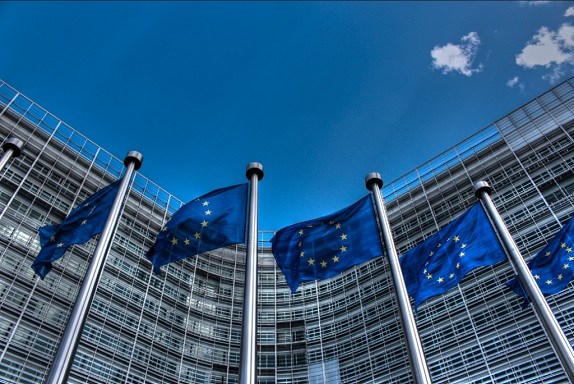When current European Commission president, Ursula von der Leyen, took on the role at the top of the European Union’s executive branch, an interesting new program was implemented, with its own team of EU officials.
The program was originally called “Prioritizing Our European Way of Life,” and later the word “prioritizing” was replaced with “promoting,” seemingly to put a more positive, less menacing sticker on the package. The program itself was met from the onset with a skeptical eye. Trying to define a specific European way of life would seem to be difficult at best, and at worst could devolve into institutionalized xenophobia.
The main problem, though, is not that the European Union would seek to find certain commonalities among member states to create greater cohesion. A major aspect of EU policy making already is regional policy, which primarily focuses on investing in employment and economic development across member states to address concerns of economic inequality.
There is nothing inherently wrong with an attempt to improve cohesion among EU states through a shared conception of European life. There is even a possibility that forming a clearer conception of shared regional commitments could be useful, particularly with growing concerns over shirking of the rule of law and regulation of increasingly powerful technology companies.
Instead, the primary misstep on the part of the European Commission in this case is that the “Promoting Our European Way of Life” program lacks any clear theme or central identifying aim. It seems to be a mish-mash of center-right policy priorities put forth from the European People’s Party (EPP), simply directed at putting a fancy name on the party’s agenda.
Before President von der Leyen announced the program, it was reported that Manfred Weber, longtime leader of the European People’s Party, had referred to the name of this program in prior years surrounding similar policies. There should have been an awareness among EPP members of the European Commission that putting together a program mixing together immigration, security, health, rule of law, and consumer protection policy concerns and slapping a somewhat provocative name on it would raise some eyebrows. Yet the program has appeared to move forward without much actual change from the original path.
Particularly problematic is the centrality of migration policy within the program. Many of the policy priorities fit into timely issues that pose a threat to the liberal, technocratic EU structure. Defending the rule of law, addressing health concerns in the wake of bad vaccine rollout PR, and promoting gender equality are all positions that appear to be broadly popular across the bloc and central to the EU mission. Yet migration policy is more fraught.
Even if EU leaders and citizens alike largely agree that migration policy is one of the most important concerns for the bloc, it is certainly premature to attempt to claim that a single plan for addressing the issue falls neatly under a shared conception of European life.
We do not need to look far back into the past to remember the internal gridlock caused by proposed migrant quotas in the EU in 2015.
These applied policy concerns are not the only symbol of concern. Attempting to tie migration policy to a “European way of life” is also certain to raise questions of identity and belonging, particularly at a time when identity politics are as fraught as ever in recent memory.
The rising success of right-wing parties platforming on anti-immigration policies, contrasted by increasing left-wing focus on immigration as a normative and positive good, in recent years has underscored the contested nature of migration in the twenty-first century.
The fact that migration policy was chosen as a lynchpin for the “Promoting Our European Way of Life” program was a massive misstep, and was doomed to cause problems for any attempt on the part of the European Commission to promote European integration.
If the “Promoting Our European Way of Life” program was designed to find common ground among EU member states and leaders, it appears thus far that it has only achieved the opposite. Clarifying shared policy aims and improving economic cohesion among EU member states is a noble, albeit challenging, goal.
The European Commission should not give up on this goal either. But, the “Promoting Our European Way of Life” program has shown that throwing together a bunch of pet projects skewed towards a certain political party under the banner of the European project will only prove to fall short of this goal.


